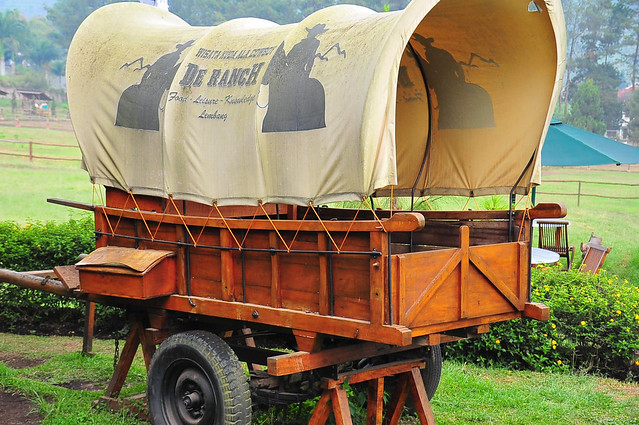
I have several friends who are always trying out the latest fad diet. I can count on them to give me a report on their progress--wildly enthusiastic at first, and then, eventually, disappointed and mute. What happens?
My usual response is to support anyone's effort toward positive change, but I realized recently that I might do more for my friends. I can begin to ask them what it is they really want, and how they imagine they'd feel when they get to the other side of this 'new' diet. What is it that they believe being thinner will give them, and how can they have more of that quality in their lives now?
Diets usually don't work because they require unrealistic deprivation and result in an eventual explosion of acting out behavior and sabotage. But thinking about what it is we imagine it will feel like to live in the body we most want is creative thinking. It means we have to fantasize and feel in our bodymind where we're going; we have to connect physically to the goal and not just abstractly, with our mind alone.
Unfortunately, so many of us have lost touch with that. The drive to be 'thinner' has become a goal so ingrained in our culture that it's not always even associated with things like feeling better, healthier, more connected to our bodies. If it's just another mechanistic goal, something to check off a checklist, it lacks the passion and aliveness we need to have to feel really connected to it. Our bodies have become mute objects to be silenced as we subject them to diets, rather than being encouraged to be participants and have an actual voice in the process.
Intuitively, we know what feels good to our bodies. And we can begin, if we're willing to listen, to use that sense to guide us to better health and choices. When I'm willing to ask a friend how it would feel to accomplish whatever weight goal they want, I look for real physical, visceral descriptions like 'I'll feel lighter,' 'I'll feel freer and more able to move,' or 'I'll have more energy.' When I hear things like, 'I want to fit into my old pants,' or 'I don't know, I just want to be thinner,' I worry more that the external goal hasn't been connected yet with the body's possibility.
If you're thinking about going on yet another diet, consult with your body and see if it is excited about what lies ahead. Does the diet feel like a plan that supports you both in developing a more intuitive, connected relationship, or does it require you to ignore your body's needs and force it to jump through hoops? Are you looking at weight loss as a task to accomplish, or have you really connected to it as something you and your body both want, something that will bring you greater health and aliveness?
It's not that I think diets are always wrong, but it's too easy to jump on the diet bandwagon for the wrong reasons, without connecting with the wisdom of our bodies. After too many fad diets, you can lose your ability to sense basic signals your body tries to send: are you hungry? What would feel good to eat right now? Cycles of mistrust begin to develop that don't ever bring you closer to your real body, no matter how much weight you lose.
Encourage yourself and your friends to think about what it will feel like when you lose the weight you want, not just what it will look like, and make sure that the way you're getting there includes your body's voice. Have fun, move with a vision you and your body can both get onboard with, one that still allows sensuality, play and flavor. On the most basic level, our bodies already know what they need to be healthy. But in our fad diet culture, are we taking the time to listen?



